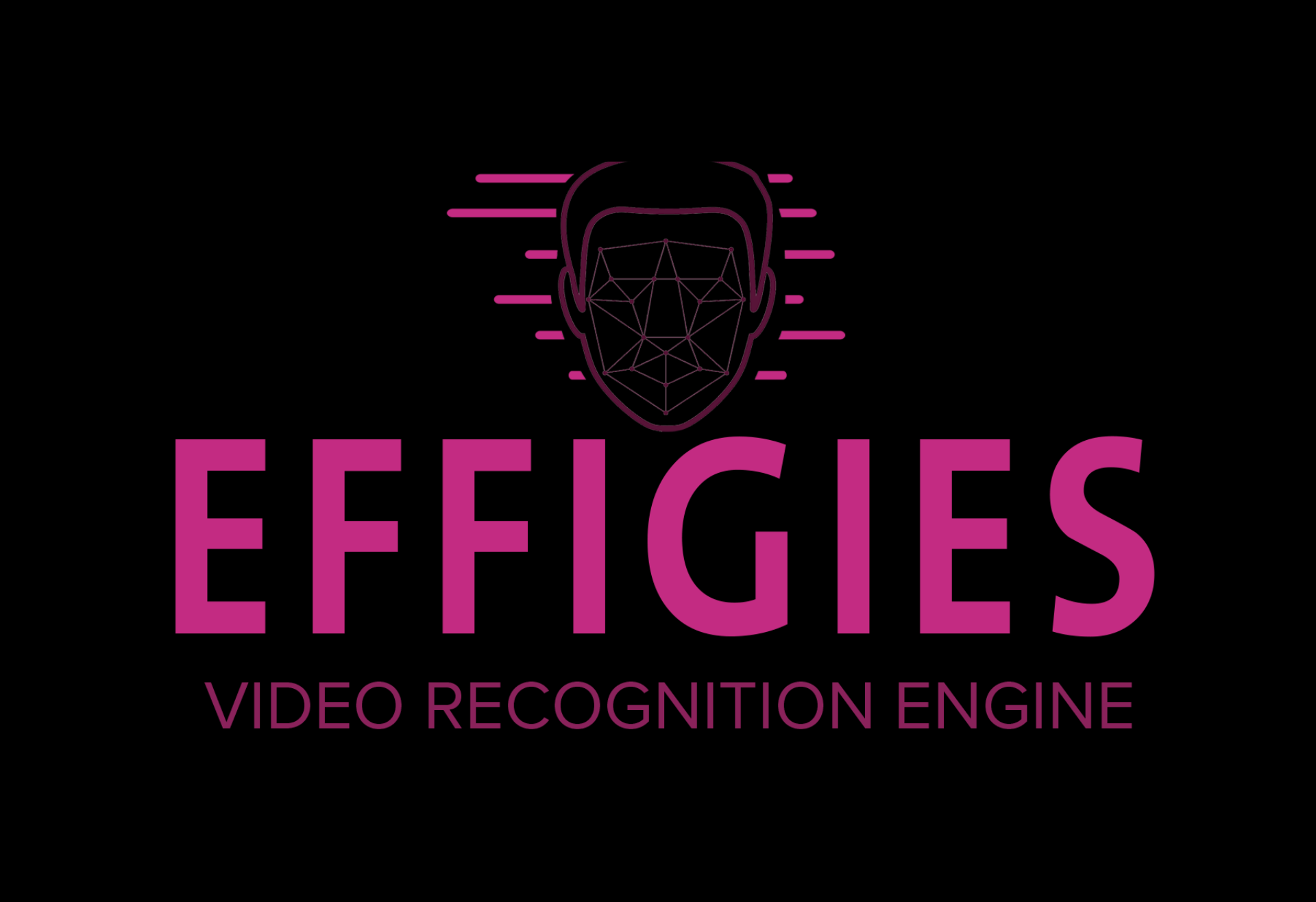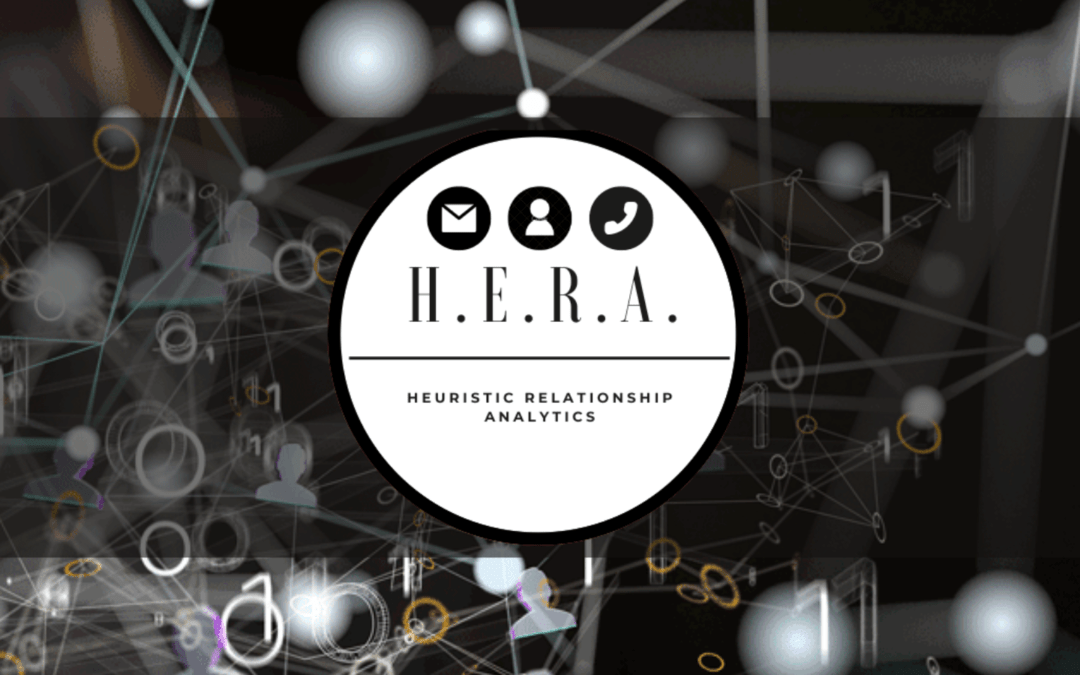In the digital age in which we live, personal data plays a fundamental role in everyday life.
Personal information, which includes name, surname, mobile phone and other identifying data, is the essence of our legal and social identity.
The accuracy of master data is not just a bureaucratic formality, but a pillar on which many aspects of modern society are based.
We’ve already talked about incorrect addresses (click here), but what happens when your personal information is incorrect and incomplete?
How do companies manage this issue?
The importance of correctness of personal data crosses multiple sectors and situations, from personal identity to civic participation, from health to education and the financial world.
Ensuring the accuracy of this information is not only a legal obligation, but a duty to society and ourselves.
Investing in the right management of master data, both at individual and institutional level, is essential to build a solid and functioning organization in which everyone can enjoy their rights and opportunities in a fair and unhindered way.
Among the sectors particularly sensitive to this problem it is possible to mention:
- Legal recognition: identification documents such as identity card, passport and driver’s license confirm our legal identity. Errors or inaccuracies can cause confusion and difficulty in accessing essential services.
- Healthcare: Doctors, hospital services, and clinics rely on this information to provide proper care. Errors in biographical data could lead to misdiagnosis, inadequate therapies or even dangers to the patient’s life.
- Education and employment: Schools and educational institutions rely on accurate biographical data to enroll students and manage academic records. Similarly, many managers use this information for hiring and payrolling. Incorrect data can compromise educational and professional opportunities.
- Financial services: Financial institutions require accurate data to open bank accounts, issue credit cards, and manage investments. Mistakes in this area can lead to financial fraud and risks to the economic security of the individual.
- Government and election management: Elections are based on accurate electoral registers. Incorrect biographical data could lead to electoral registration problems, affecting the fundamental right of democratic participation.
- National security and anti-fraud: Mistakes could allow malicious individuals to evade security checks or engage in illegal activities. Data accuracy is essential for crime prevention and national security.
Inaccurate personal data and commercial strategies
Accuracy of personal data is critical to ensuring that marketing strategies are effective, relevant and respectful of consumers.
Mistakes can compromise the company’s reputation, damage customer relationships, and cause waste of resources. Therefore, it is essential that companies invest in the verification and regular maintenance of master data to ensure the success of their marketing initiatives.
If a company has inaccurate data of its customers, advertising communications, such as e-mail, SMS or direct mail, risk not reaching the correct recipient. This can lead to a sharp drop in performance with waste of resources and possible reputation problems. For example, if a customer doesn’t receive important offers or communications due to data errors, they may feel overlooked or ignored by the company.
Personalization is a key element in modern advertising strategies. However, if your personal data is incorrect, you run the risk of sending inappropriate or irrelevant messages to consumers. In fact, the latter receiving wrong communications may feel frustrated or disoriented. The risk is to damage the relationship between the company and the customer, leading to an overall negative experience and even a loss of trust.
Investing to obtain accurate master data is a crucial step for any organization that wants to achieve long-term success. Accurate data helps improve the effectiveness of marketing strategies, build positive customer relationships, and optimize your promotional budget, leading to a positive impact on business results.
Our HE.R.A. (HEuristic Relationship Analytics) solution aims to recognize personal data by identifying attributes such as: surname, first name, title, company name, legal form and any additional information. In addition, it allows to apply deduplication logics, an activity of comparison of similar information, identifying the most similar ones present within one or more archives.
You may also like

COMPUTER VISION: WHAT'S NEW?
In recent years, the focus on Computer Vision has grown, thanks to the advent of increasingly advanced Machine Learning techniques that have allowed us to achieve performance comparable to that of the human brain. The growing ability to analyse video streams has shown…

NEURAL NETWORKS FOR NEW GENERATIONS OF IOT
The evolution of the new generations of Internet of Things (iot) has opened the door to an ever wider use of Artificial Intelligence (AI) in the context of the optimization of resources and the creation of more modern solutions close to contemporary needs…

